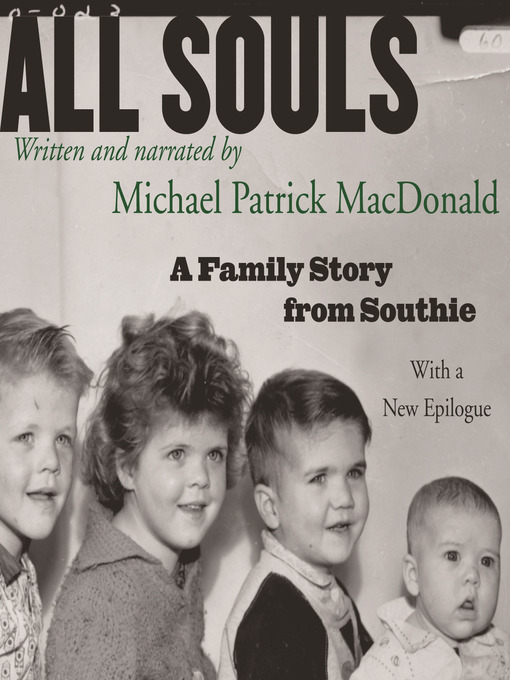- Always Available Adult Fiction eBooks
- Always Available Adult Nonfiction eBooks
- Mystery eBooks
- Science Fiction eBooks
- Fantasy eBooks
- History eBooks
- Top 100 Adult Nonfiction eBooks 2024
- 100 Most Popular Adult Fiction eBooks 2025
- 100 Most Popular Children's Fiction eBooks 2025
- 100 Most Popular Children's Nonfiction eBooks 2025
- See all ebooks collections
- Always Available Adult Fiction Audiobooks
- Always Available Adult Nonfiction eBooks
- Mystery Audiobooks
- Biography and Autobiography Audiobooks
- Business Audiobooks
- Listening to History
- ZORA Canon: Greatest books by African American Women
- Top 100 Adult Fiction Audiobooks 2024
- Top 100 Adult Nonfiction Audiobooks 2024
- Top 100 Kids' Fiction Audiobooks
- New Audiobooks for Adults
- 100 Most Popular Adult Nonfiction eBooks 2025
- New Adult Audiobooks
- See all audiobooks collections
- Special Christmas Magazine Issues
- Food and Drink
- Health and Fitness
- Holiday Magazine Special Issues
- See all magazines collections

